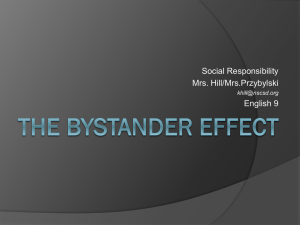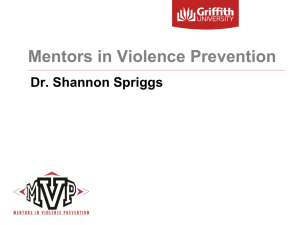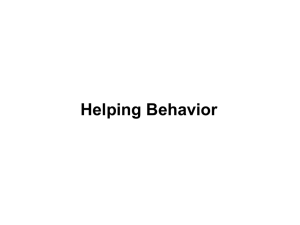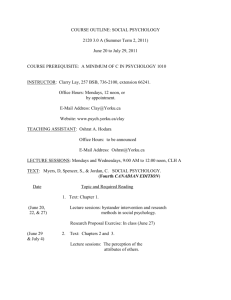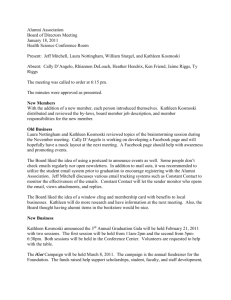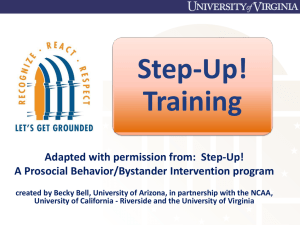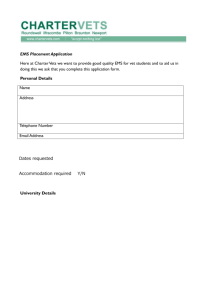Instructions: Type directly into blank cells of the
advertisement
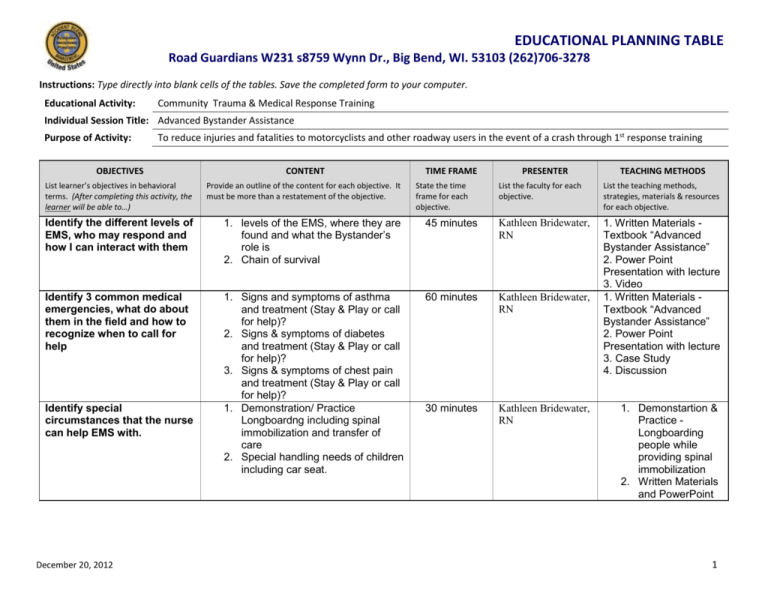
EDUCATIONAL PLANNING TABLE Road Guardians W231 s8759 Wynn Dr., Big Bend, WI. 53103 (262)706-3278 Instructions: Type directly into blank cells of the tables. Save the completed form to your computer. Educational Activity: Community Trauma & Medical Response Training Individual Session Title: Advanced Bystander Assistance Purpose of Activity: To reduce injuries and fatalities to motorcyclists and other roadway users in the event of a crash through 1st response training OBJECTIVES CONTENT List learner’s objectives in behavioral terms. (After completing this activity, the learner will be able to…) Provide an outline of the content for each objective. It must be more than a restatement of the objective. Identify the different levels of EMS, who may respond and how I can interact with them 1. levels of the EMS, where they are found and what the Bystander’s role is 2. Chain of survival Identify 3 common medical emergencies, what do about them in the field and how to recognize when to call for help 1. Signs and symptoms of asthma and treatment (Stay & Play or call for help)? 2. Signs & symptoms of diabetes and treatment (Stay & Play or call for help)? 3. Signs & symptoms of chest pain and treatment (Stay & Play or call for help)? 1. Demonstration/ Practice Longboardng including spinal immobilization and transfer of care 2. Special handling needs of children including car seat. Identify special circumstances that the nurse can help EMS with. December 20, 2012 TIME FRAME State the time frame for each objective. PRESENTER TEACHING METHODS List the faculty for each objective. List the teaching methods, strategies, materials & resources for each objective. 45 minutes Kathleen Bridewater, RN 60 minutes Kathleen Bridewater, RN 1. Written Materials Textbook “Advanced Bystander Assistance” 2. Power Point Presentation with lecture 3. Video 1. Written Materials Textbook “Advanced Bystander Assistance” 2. Power Point Presentation with lecture 3. Case Study 4. Discussion 30 minutes Kathleen Bridewater, RN 1. Demonstartion & Practice Longboarding people while providing spinal immobilization 2. Written Materials and PowerPoint 1 Identify wounds and appropriate action to be taken in an out of hospital setting 1. Atlas of Injuries. Identify and treat life threatening injuries using the ABCSS of trauma. 30 minutes Kathleen Bridewater, RN 1. Written Materials Textbook “Advanced Bystander Assistance” 2. Case Study 3. Femoral Pressure Point to control bleeding in the leg 4. Femoral traction application in a way that is able to be maintained until EMS arrives 5. Transfer traction to EMS when they arrive 1. Students will act out injuries while other students respond 2. Each “Situation” is discussed with proper actions and reinforced 45 minutes Kathleen Bridewater, RN 1. Written Materials Textbook “Advanced Bystander Assistance” 2. Case Study 3. Demonstrations with Hands on return demo 45 minutes Kathleen Bridewater, RN 3. Steps of a head to toe assessment 4. Actions to take if you found particular injuries. 45 minutes Kathleen Bridewater, RN 1. Identification of injuries and roles 30 minutes of the bystander (including leadership) 2. Prioritization of injuries using ABCSS of trauma 5. Use of proper “tools” (i.e. Trauma Shear) needed for situation. Recognize signs of critical 1. Role of emotion in a critical 30 minutes incident stress and ways to situation reduce post traumatic stress 2. Examples of ways to recognize when PTS (post traumatic stress) is becoming an issue 3. Resources to be able to deal with PTS in self or others (Add more rows as needed by placing cursor outside of last row and clicking ‘Enter’ key.) Kathleen Bridewater, RN 1. Written Materials Textbook “Advanced Bystander Assistance” 2. Situations are acted out by students while other students respond 3. Discussion 1. Written Materials Textbook “Advanced Bystander Assistance” 2. Demonstrations 3. Return Demo 4. Discussion 1. Crash Simulation with moulage & actors 2. Review of how to get the motorcycle off of an injured person Identify severe bleeding from a lower limb and take measures to reduce bleeding. Recall priorities outlined in training through Role Play Perform a Head to Toe Assessment to look for injuries Describe the importance of a leader at a crash scene as well as the many roles of bystanders and tasks that may need to be performed Kathleen Bridewater, RN 1. Written Materials Textbook “Advanced Bystander Assistance” 2. Group Discussion 2 Total minutes for this activity/session (including time spent evaluating the activity) = 7 hours List the evidence-based reference(s) used for developing the content of this educational activity/session next to the appropriate category. Information from organization/website: (may be published or unpublished content. Examples – Centers for Disease Control, National Institutes of Health) Peer –reviewed journal/resource: http://www.ems.gov/EducationStandards.htm http://www.heart.org/HEARTORG/ See attached document: Pre Hospital Trauma Life Support– Nursing Standard (reference should be within past 5-7 years) Clinical guidelines: (published or online. Example www.guidelines.gov) Expert resource: http://www.ems.gov/EducationStandards.htm http://www.heart.org/HEARTORG/CPRAndECC/Science/Guidelines/2010-AHA-Guidelines-for-CPRECC_UCM_317311_SubHomePage.jsp http://www.aaos.org/news/aaosnow/aug10/youraaos3.asp (individual, organization, or educational institution - book, article, website) Textbook reference: http://www.aaos.org/news/aaosnow/aug10/youraaos3.asp Other: December 20, 2012 3
